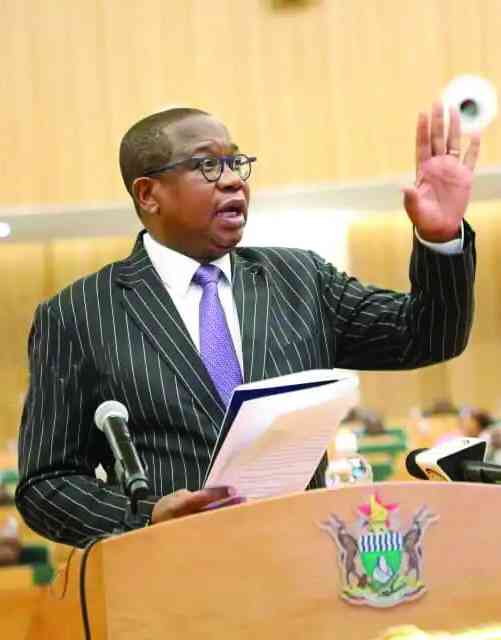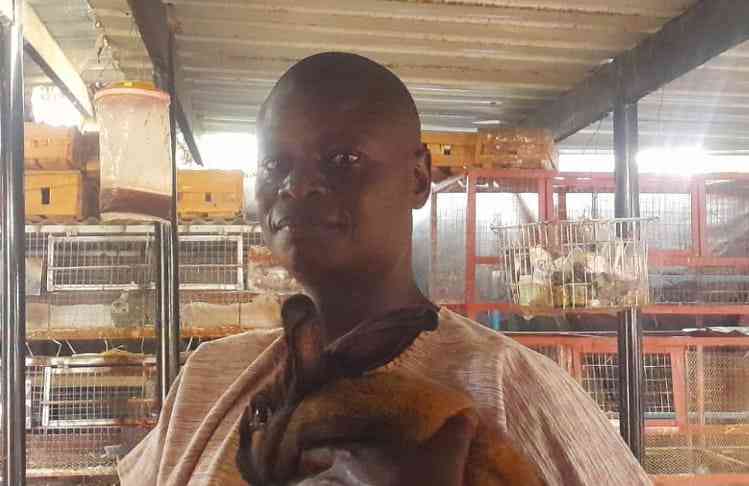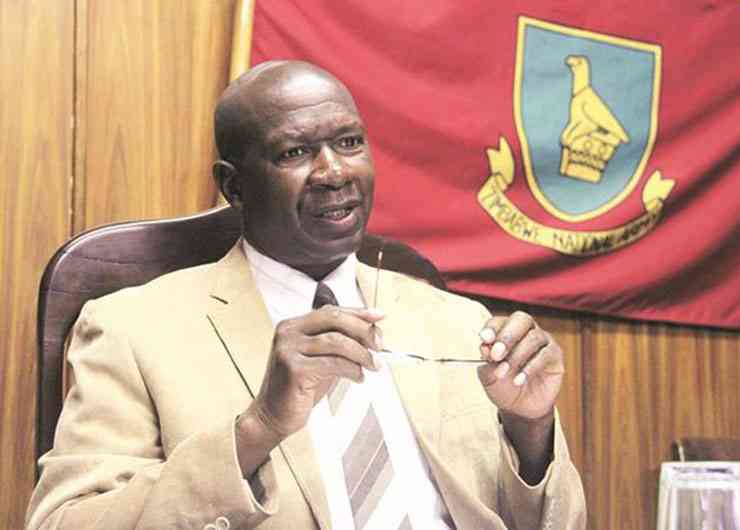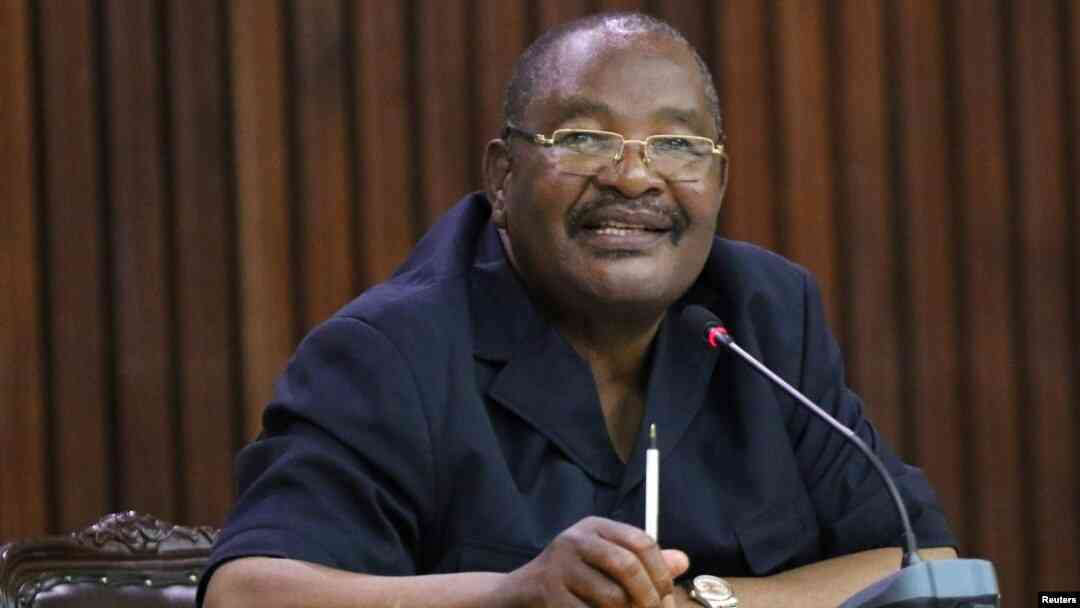
FINANCE and Investment Promotion minister Mthuli Ncube yesterday proposed to introduce additional taxes, including an upward review of levies on fuel, further condemning citizens to abject poverty.
Zimbabweans are subjected to various tax heads, such as, pay as you earn, the 2% intermediated mobile money tax (IMMT), 15% value-added tax, among others.
In his 2024 National Budget Statement, Ncube also stayed the IMMT, against industry’s request for it to be removed.
He proposed to review the tax-free threshold to ZW$750 000 (US$130 at the official exchange rate of US$1:ZW$5 791) per month or ZW$9 million (equivalent of US$1 554) per annum, and adjust the tax bands to end at ZW$270 million (US$46 624) per annum, above which tax will be levied at a rate of 40%.
This will be with effect from January 1, 2024. However, the tax-free threshold of ZW$750 000 will fail to provide relief to low income earners due to high inflation and depreciation of the local currency.
In other words, the majority of the people will still be subject to heavy taxation.
“The measures that I am presenting seek to provide relief to taxpayers, enhance the capacity of the government to generate additional revenue, in particular, from micro and small enterprises and mining, as well as strengthen tax administration,” he said.
Ncube further proposed to review the local currency tax-free bonus threshold from ZW$500 000 (US$86) to ZW$7,5 million (US$1 295), with effect from November 1, 2023.
- Budget dampens workers’ hopes
- Govt issues $24 billion Covid-19 guarantees
- Letter to my People:They have no answers for Nero’s charisma
- ZMX to enhance farm profitability
Keep Reading
“I propose to review upwards, the strategic reserve levy by US$0,03 and US$0,05 per litre of diesel and petrol, respectively, with effect from January 1, 2024. Toll fees are currently pegged between US$2 and US$10, depending on the type of vehicle.
“I, therefore, propose an upward review of toll fees on premium roads, that is, Harare-Beitbridge and Plumtree-Mutare and other roads, with effect from January 1, 2024.”
The Treasury chief said revenue derived from the increased fees will be remitted to the consolidated revenue fund.
“I, further, propose that passport and selected fees charged by the Central Vehicle Registry be increased, with effect from January 1, 2024. Additional revenue generated from the above measures will be ring-fenced towards road infrastructure development,” he said.
Ncube said in response to the growing concerns on the adverse effects of consumption of sugar, in particular, contained in beverages, tax on beverages has been implemented in a number of countries, including in the Sadc region.
The consumption of high sugar content beverages is linked to increased risk of non-communicable diseases, he said.
“It is, thus, necessary to discourage consumption of high sugar content beverages, hence, I propose to introduce a levy of US$0,02 per gramme of sugar contained in beverages, excluding water, with effect from January 1, 2024. Funds derived from this levy will be ring-fenced for therapy and procurement of cancer equipment for diagnosis,” Ncube said.
In order to ensure that every person contributes to the fiscus in line with their levels of income, Ncube proposed to introduce a levy at a rate of 1% of market values of residential properties with a minimum value of US$100 000.
Ncube proposed to enact domestic minimum top up tax (DMTT) rules to guard against ceding taxing rights to foreign jurisdictions on top-up tax arising from tax incentives that are provided to those investments.
The DMTT is part of the global rules, which aim to ensure that global profits of large multinational enterprises are taxed at a minimum corporate income tax rate of 15%.
The DMTT allows the country where the low tax profits arise from the tax incentive to collect the top-up tax rather than ceding taxing rights to the headquarter jurisdiction.
The calculation of the DMTT will be based on the effective tax rate charged on the jurisdictional profits, not the jurisdictions’ statutory corporate income tax.
The DMTT only levies the tax incentives to the same extent that the same income will be included in the headquarter country of the company.
Economist Zvikomborero Sibanda said the taxes are going to have major repercussions on the welfare of citizens.
“Take for instance the strategic reserve levy, here we're talking about fuel, is going to go up. The toll fees are going up. The passport fees are going up,” he said.
“Let's take for instance fuel. If we increase the levy of fuel, what happens is that the price of fuel will increase. We know that fuel is a key industrial input. For instance, the mining sector uses more than at least 30% of total fuel consumption in Zimbabwe.
“If the price of fuel increases, this is going to increase the cost of production for these businesses. So introducing measures, which increase the price of fuel at a time when you are experiencing prolonged load shedding, is going to have negative repercussions on the general cost of doing business in Zimbabwe, and this is going to feed into inflation.”
Sibanda, however, applauded the government for introducing wealth tax and tax on beverages.










